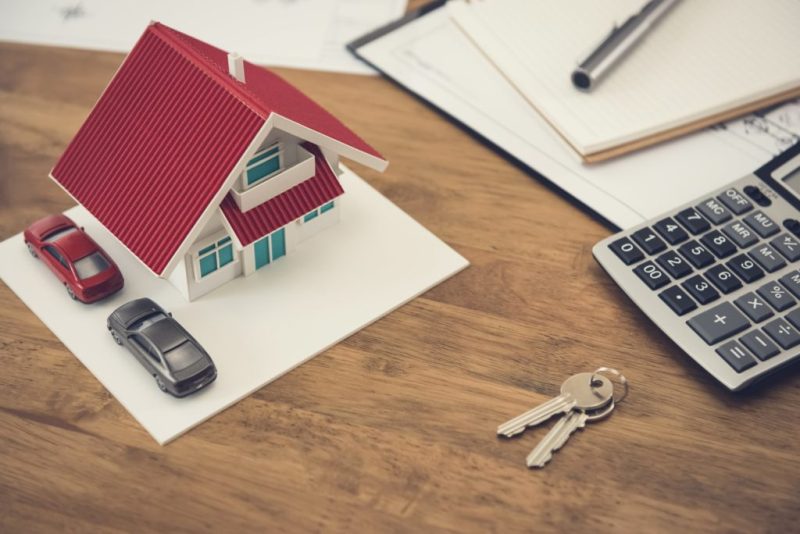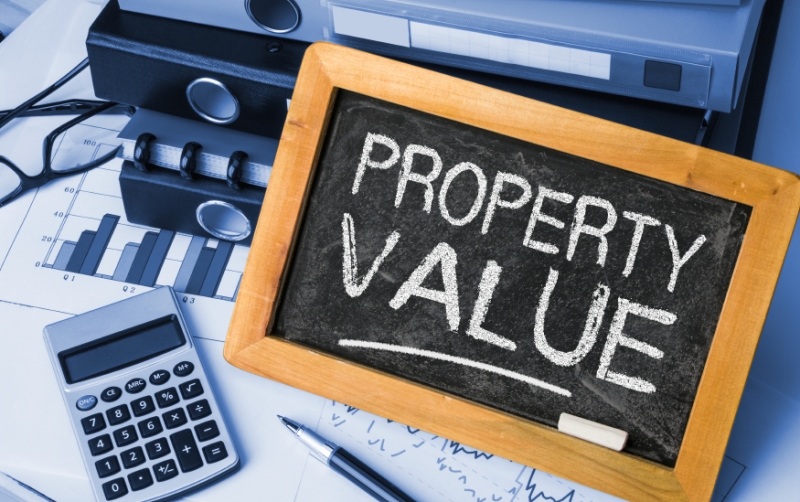The reason for the good property valuation is to understand how much potential buyers would be willing to pay for your property. The property valuation transforms the property into the asset. You want your property to be valued in a way that allows you to make some profit, yet also to be realistic so that it has chances to be sold. When instructing a valuer, it is paramount to know how to avoid common valuation pitfalls.
What issues can be found in property valuation?

Erikas Grig Chartered Surveyors says that appraising property is often a complex matter which should be left to professionals understanding intricacies of valuation trade. An assessment of the property is a complex process and here are the several things that can go wrong in property valuation.
- Undervaluation
- Overvaluation (pricing yourself above the market)
- The lack of contact and communication between seller and agent can easily cause misunderstandings
- Individuals who take property valuation personally leading into disagreements
- Inadequate data on the market leads to property valuation that is out of line with the rest of the market
Listening to valuer’s advice and not obsessing over the property price
Do yourself a favour by not falling into property valuation obsession by overthinking on what you think your property is worth. The price is determined by the buyers and not the seller. If you ask for something unrealistic it will never sell. Your property is worth what the market is prepared to pay for it. By trying to overvalue your property you’re not doing yourself any favours and only ensuring that property stays on the market for long.
A professional valuer will understand the value of your property and will recommend sticking it to the market at the fair value. The best way to ensure that valuer has assessed the property value correctly is to ask for comparable evidence and a written statement explaining how they’ve arrived at such value. Also, you can always check online property value estimators in portals such as Zoopla or Rightmove but the accuracy of online estimators are low. The best information on the property value is hard comparable sales of similar properties in your area.
Obtaining a second opinion
If you’re not confident with the initial property valuation you’ve been given then it is best to instruct a second valuer which will eliminate the benefit of the doubt from the property valuation.
Mortgage valuation when selling the property

Sometimes your secretly hiding enemy can be a bank valuer who undervalues your property. In the property industry, this happens a lot and your buyers obtaining a mortgage can be faced with a scenario where they need to contribute a larger deposit to cover a shortfall between the buying price and mortgage valuation. Usually, banks won’t allow appealing the valuation and the buyer will be forced into using a different bank. There is nothing you can do as a seller in these situations and it’s best to ask your buyer to go with a different bank.
How to maximise the property value before selling?
- Undertaking a deep clean of all property parts can go a long way and create a lasting impression with those who view the property.
- Try to maximise the space by removing unnecessary items. Essentially decluttering your property before people start viewing.
- Do a light refresher of the property walls by applying a new paint of coat.
- Refurbishing the bedroom or bathroom by replacing carpets and tiles ensures that these rooms are fresh. Buyers tend to rate these parts of the property with high priority.
- Cleaning and maintaining the external parts of the property such as rear and front garden. The first impression is important.






